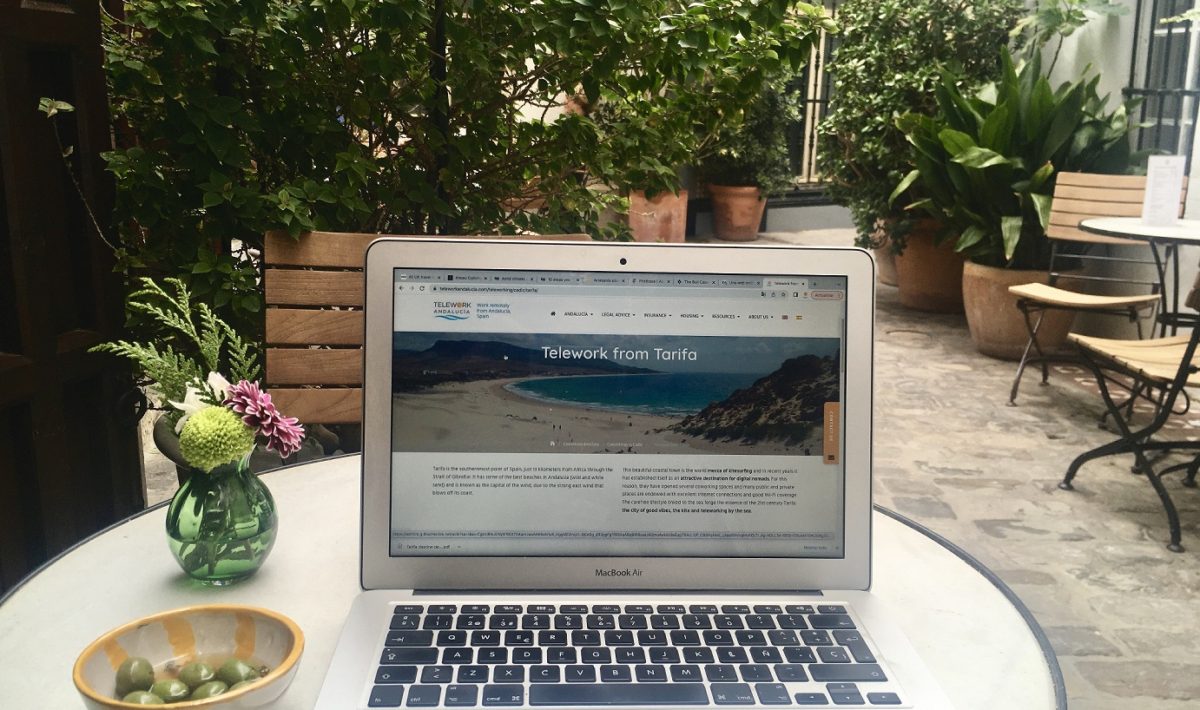Special tax regime for Digital Nomads not available yet
When the idea of Spain’s digital nomad visa (DNV) was first introduced by the Spanish government as part of the new Startups Law approved in late 2022, one of the incentives mentioned to attract startups and remote workers to the country was tax benefits. The new law would include the non-resident income tax rate of 24 percent, compared to the resident progressive tax that can rise to 50%. To achieve this lower tax rate (called the "Beckham Law" after the famous footballer who benefitted from it), it must be applied for within the first six months of living in Spain. Digital nomads who were approved for the visa, began enquiring about the application for the Beckham Law in order to benefit from the lower tax rates, only to find out that the Spanish government still hasn’t made it possible for those with the visa to apply for it.
This is officially stated on the Form 149 that is used to obtain it on the official Tax Office website: "Taxpayers who will be able to opt for the regime as a consequence of the new situations produced by the regulatory reform (professionals, entrepreneurs and the family nucleus of the main taxpayer) must wait for the approval of the Ministerial Order that approves the new communication model." In other words, the special tax regime for those on the DNV is pending while the government is still developing the new regulations. This means that anyone who moved to Spain on the DNV in 2023 may miss out as the six-month window may have already passed when it becomes available. It’s unclear yet if this will be retroactive or not.
The DNV tax regime may not be beneficial to every digital nomad anyway
The special tax regime will be beneficial for those with an annual income from around €50,000 up to €600,000, so it will depend on your income bracket. In addition, there are no allowances for your personal circumstances and as a result, people with spouses and children may find that they will pay less tax if they do not opt for the special regime.
Furthermore, in order to qualify for the "Beckham" tax regime:
- You must have moved to Spain to take up work and have an employment contract with an employer in Spain or work remotely for a company outside Spain.
- You cannot be self-employed, unless it's an entrepreneurial activity that is of an innovative nature and is of particular financial interest for Spain.
This complicates matters for many digital nomads, since the majority who have been approved for the DNV have been self-employed and registered as "autonomos". This has been a result of practical implications of employers hesitant to pay Social Security in Spain simply because their employee wanted to move there, thereby preferring a self-employed status with allowance for the extra payments made by the employee.
As a result, Digital nomads coming to Spain are finding lots of challenges. Here at Telework Andalucia we will keep you updated on the latest developments.
Contact us
If you are an individual or a company and are interested in a procedure, contact us. We work with expert lawyers in Spanish immigration and expatriate legal and tax issues:





